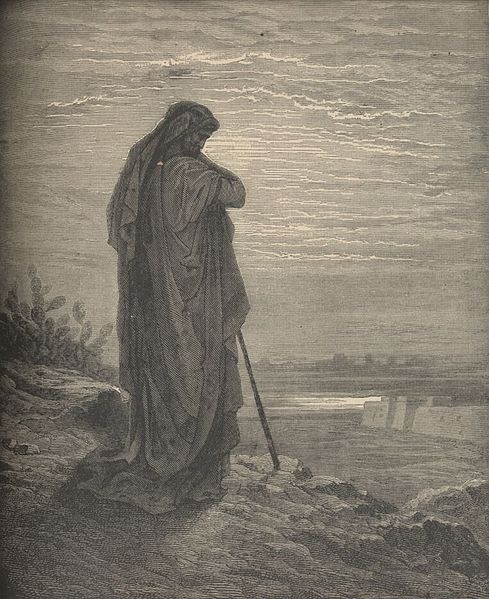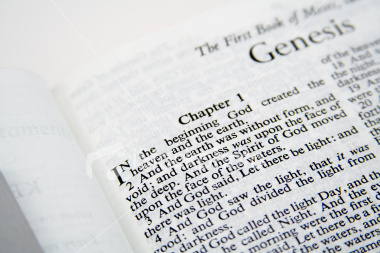
This post is pretty much a "Dear Diary" post. If you read this blog for the (amateur) theological musings, you can probably skip this one.
I had kind of a weird day today.
This morning's "run" back-fired. I woke up at 5am (yeah, that's part of all this) and my mind was doing its anxiety thing, so I decided to head out. I hardly ate at all yesterday and I had no energy, so I decided I'd just "walk" to the gym and maybe weigh myself to find out if I've been losing weight. It was still so early that I was pretty much walking alone in the dark. I got so shaky and tired on my walk that I seriously considered stopping and napping on some random neighbor's porch chairs. After I shook off that idea, I went into a mild panic about whether or not I could actually make it home or if I'd collapse in the street. Took lots of willpower to get back home, where I collapsed into the bed next to Tiffany to try to soothe my mind some more. Finally got back to some sleep from 7-8, woke up hungry and ate, then tried to sleep again until about 9:30.
Tiff asked me if I wanted to go out with her and Clover today to childrens' story time at the library and errands. My first inclination was to just sit and mope some more at home, but somewhat inexplicably, I decided at the last minute to go. After story time, a
co-worker good friend called me with some profound verses that really helped me a lot, though they turned me into an emotional mess. :)
"Adam fell that men might be; and men care, that they might have joy."
"And behold, I tell you these things that ye may learn wisdom; that ye may learn that when ye are in the service of your fellow beings ye are only in the service of your God."
"And behold, he shall be born of Mary, at Jerusalem which is the land of our forefathers, she being a virgin, a precious and chosen vessel, who shall be overshadowed and conceive by the power of the Holy Ghost, and bring forth a son, yea, even the Son of God.
And he shall go forth, suffering pains and afflictions and temptations of every kind; and this that the word might be fulfilled which saith he will take upon him the pains and the sicknesses of his people.
And he will take upon him death, that he may loose the bands of death which bind his people; and he will take upon him their infirmities, that his bowels may be filled with mercy, according to the flesh, that he may know according to the flesh how to succor his people according to their infirmities.
Now the Spirit knoweth all things; nevertheless the Son of God suffereth according to the flesh that he might take upon him the sins of his people, that he might blot out their transgressions according to the power of his deliverance; and now behold, this is the testimony which is in me."
These are really things that I needed to hear. They are from the book of Mormon! That just makes me appreciate God can He expresses Himself in the different stripes of Christianity (and even other religions!) God has a big paintbrush and many colors I think. I'm not saying I'm ready to become a Mormon, but if I believe God can reveal Himself thru
areligious "spiritual" songs, surely His Truth can be found in these other ways His people seek Him. For now I need to defer the subjects of apostasy or scriptural cannon and just appreciate what I believe is a real way of God trying to reach me.
Right after that call emotionally pried me open, we walked into Agora and I talked to pastor Jeff a bit. A random coffee-house patron came over to see our baby and when she found out her name was Clover she got really excited. She explained her cats names are Shamrock and Clover and she's writing an article on the shamrock as a Christian symbol of the Trinity and St. Patrick and everything (part of the reason we named Clover). She said she had gone thru some depression in the past and needed God to reveal Himself to her in a big way. She had 5 customers that day walk in with clovers on their clothing and that just meant something to her. When I told her I've been feeling depressed lately too and have been needing God to reveal Himself to me, she got really excited, said our meeting was no coincidence, and wanted to pray with me. So we did. She prayed an eager and zealous Oral Roberts style prayer for me, and it helped. Like I said, big paintbrush and many colors - from the book of Joseph Smith to a KJV-quotin' Bible-belt evangelical.
Right on the heels of that, we went to lunch with a couple of other really good friends. I knew one of them has struggled with depression before, and I feel awful that I was ever skeptical of this person! (Note to self: apologize.) Lunch was good and I had a bit more of an appetite so I wolfed down some Chik-Fil-A nuggets and fruit. Our other friend there has a little boy and I got to go into the play area with him for a while, which helped. After lunch, we went back to our house for something called "Parents as Teachers" which is a cool program where someone from Tulsa Public Schools comes to your house to talk about your baby/child and their early learning.
During most of the session though, I was reading an encouraging message from my sister on facebook and that really helped. I think our family has been close for so long that we sometimes take our love for granted and don't bring it up to the surface in our every-day conversations and interactions. We all love one another deeply, but we don't talk about it all the time. And I would normally be the last member of the clan to ask for direct emotional support, so it was such a relief that she gave it so quickly and abundantly. She said God gives us our spouses for a reason, and I would add that He also gives us our families AND our friends for these kinds of times.
After the session, we talked with our friend for a bit and came to find out this friend took anti-depressants for a time too! And we talked a bit about some other mutual friends who have gone thru depressions before. It's re-assuring to know I'm not alone in this, and I'm not losing my mind! (I mean, considering sleeping on a strange neighbor's porch? I really thought that was an inevitable step to institutionalization.)
Having our friends in the house really helped and I think helps. Can't say why, but I know I'm like my dad in that I just enjoy having people over. (Oh, and my dad helped me set up appointments with a family medical doctor and with a psychiatric doctor. Turns out another of my siblings has been thru something like this and went to these doctors and took anti-depressants for a while too! And yet another sibling went thru it and did some cognitive therapy, and a couple of our grandparents have been thru it! It was reassuring to me to know that there is indeed a physiological, probably genetic, aspect to it and it can be treated in a number of ways.)
I felt much better after our friends left and my appetite returned with a vengeance. Slammed down some carrots, humus, crackers, cheese, ham, and peaches. Then I started writing this blog post. I think I'm coming thru the despair now and just need to shake some more emotional funk. Talking about it candidly and honestly really, REALLY helps - thank you to all of you who are reading thru this with me, it helps a bunch! And I'm sure I'll talk about it more tonight with my instructors and students at school. I'm actually excited to go! I'm also still starving, and I hear Tiffany making Chicken-and-Dumplings in the kitchen ...
(Interesting tidbit: while looking for the picture, I discovered that
Chicken and Dumplings originated during the Great Depression! Whoa.)























